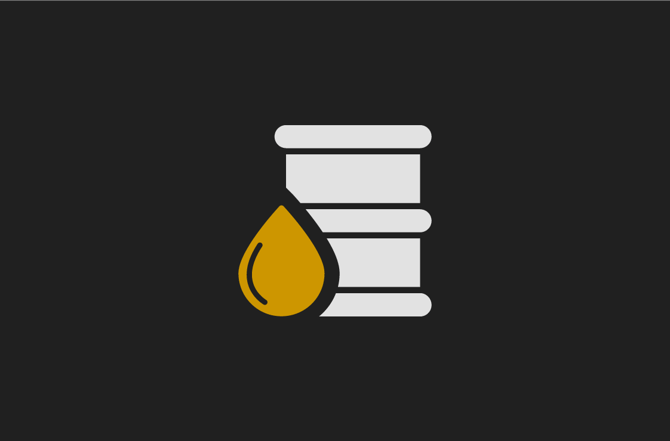Oil Prices Fall as Economies Struggle

Crude futures have fallen nearly 3% after nearing $140 a barrel in early March and hitting $120 as recently as two weeks ago.
Rather than skyrocket after Russia’s invasion of Ukraine, oil prices are falling. With Shanghai and other Chinese cities on COVID-induced lockdown, the world's second-largest oil-consuming country is not using as much oil as it normally does.
In what continues to be a see-saw battle against rising oil prices, Western countries are trying to manage supply disruptions from Russia by unleashing a staggering 240 million barrels of oil from emergency stockpiles on the market, with the US alone releasing a million barrels a day for the next six months.
Keeping the global oil price in check is an important task. The risk of a recession, driven by high inflation, is becoming a concern in some major economies that are already battling high consumer prices and flat growth. Surging oil prices are the last thing they need.
The UK is a case in point, with economic growth for February neutral at a measly 0.1%. Analysts have worried that the post-Omicron return to normal life has not been as successful as thought.
What does this mean for me?
Stagnant economic growth and rising inflation can be a toxic combination, hurting central banks' abilities to get prices under control.
For the commodities investor, oil will play a larger-than-usual role in the global economy in the coming months. It may be one of the final levers that policymakers can pull to keep the cost of living down. You should keep a close eye on your portfolio while considering this balancing act.
More News

Copper Prices Head Into Uncharted Territory

Silver’s Surge Shows Rate-Cut Bets and a New Layer of Trade Risk
.webp)
Gold’s Breakout Year Sets a High Bar for 2026
.webp)
Europe’s Gas Chill Turns Into a Price Rout

The Rare Earths Boom Driving a New Global Supercycle
.webp)
Brent Rises as Fresh U.S. Sanctions Choke Russian Oil Exports

Global Wind Market Set to Hit $304 Billion by 2029
.webp)